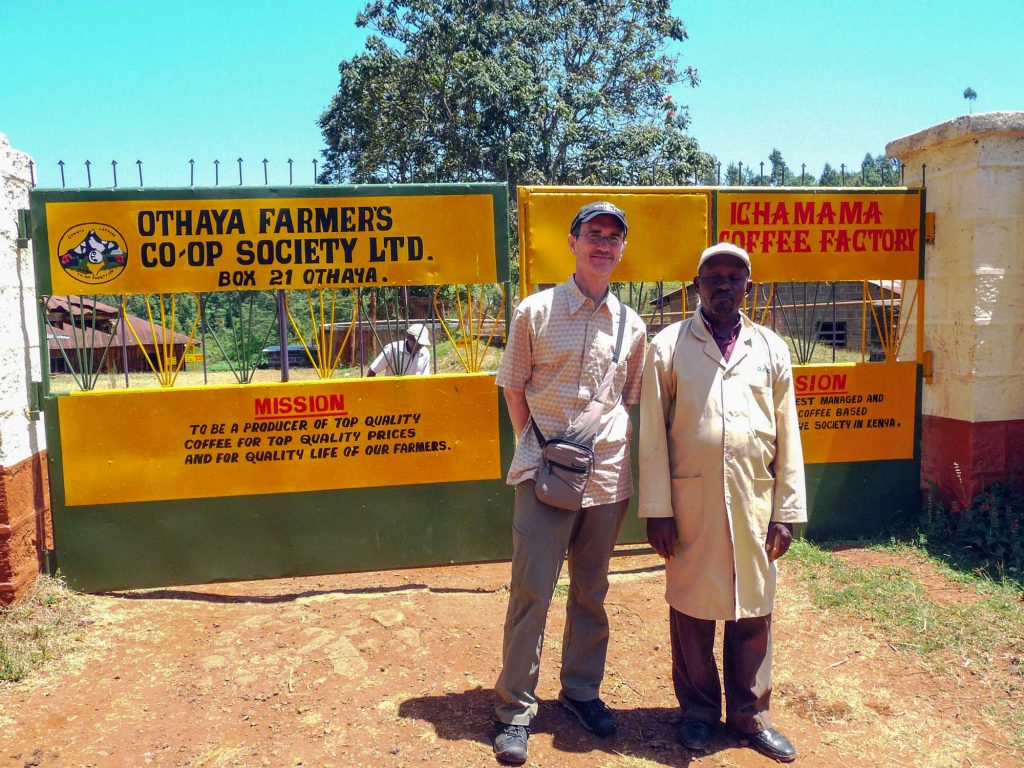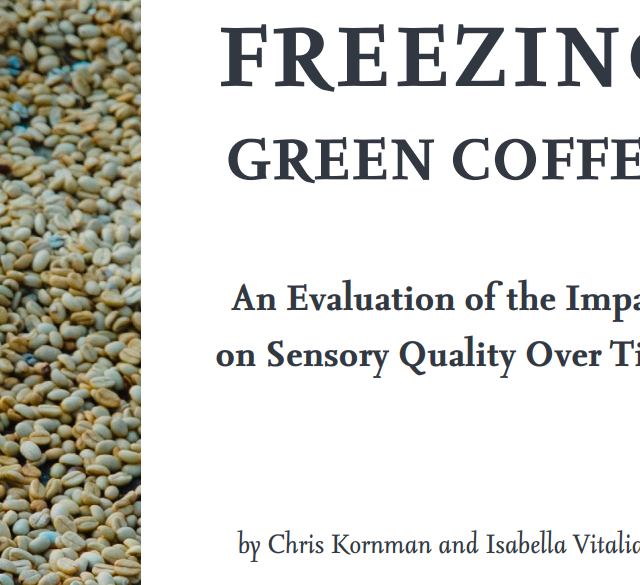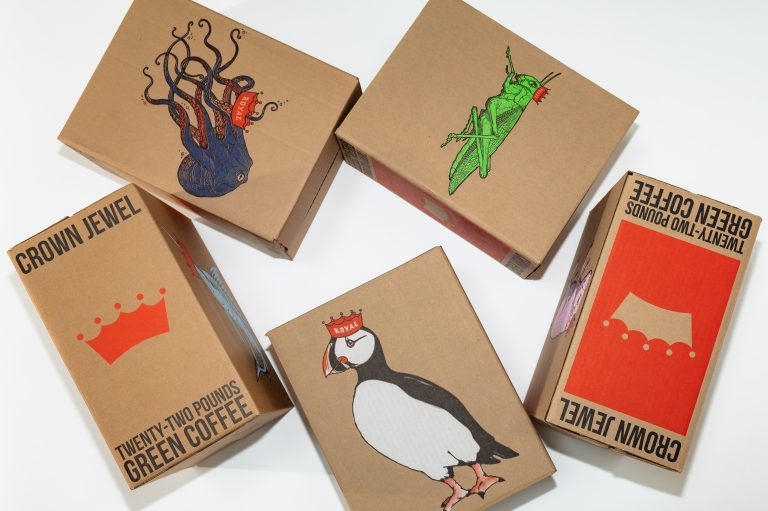Editor’s Note: This article was originally published in September 2017 and has been updated with more information on the Red Cherry Project and to reflect current offerings from the producers.
The essence of the Red Cherry Project, in each country that Royal Coffee initiates it, is to encourage excellence and repay in kind. Ethiopia was the pilot but Kenya was added soon after, and I, for one, was a little concerned that roasters wouldn’t be willing to pay more money for coffees from already expensive origins. But to the credit of our customers these coffees remain in demand, and to the credit of our producing partners the ongoing work continues to exceed expectations. We’re thrilled to bring back Red Cherry Kenyas from Othaya for the third consecutive year, led by two of our favorite factories, Ichamama and Kamoini, each offering different takes on unparalleled flavor profiles. It should go without saying that these selections are extremely limited in supply and discerning roasters would do well to scoop up their share now, before it’s too late.
The story of this season’s special project in Kenya
Kenya’s Othaya and Aguthi Cooperative societies are long-term suppliers to Royal – coffees from their collective of twenty washing stations have made up the bulk of our annual position from Kenya many seasons, and their coffees have performed consistently at extraordinarily high caliber.
2017 marks the first year where we’ve partnered to pre-select certain lots, something with which we’ve had success in the past working with Ethiopia’s cooperatives. As with in Ethiopia, we’ve dubbed the initiative “Red Cherry Project” – a nod to the importance of harvest selection prior to processing. But as was the case in Ethiopia, there’s so much more here than just picking ripe fruit.

Great harvest selection begins with exceptional farms and farmers. Farmer members of Othaya and Aguthi are fortunate to be blessed with great terroir – Nyeri county holds a revered reputation in Kenya. Coffee here benefits from predictable semi-annual rainy seasons, fertile soil, and good elevation in the foothills of the Aberdare Mountain range.
For the Red Cherry Project, the cooperative societies selected model farmers, known already for for their level of attention to detail and ability to deliver high quality consistently. These farmers deliver only 100% ripe cherries to their factory (wet mill / washing station). The coffee then undergoes hand-sort to remove any under-ripes and a floatation to separate any low-density coffee prior to processing.
Following pulping, the coffee undergoes an extended 72 hour fermentation. Once fermentation is complete, the wet parchment is soaked for a further 16-24 hours. The post-fermentation soak once was considered standard practice across Kenya, and its absence nowadays is “pretty surprising,” reports Royal CEO Max Nicholas-Fulmer. “At the vast majority of factories I have visited over the past 4-5 years the post soak tanks sit idle, with weeds growing, or are used for storage.”
But the post soak is a critical step in the process – once mostly exclusive to Kenyan coffee, now adopted by quality-minded producers worldwide. In addition to providing an opportunity to further clean the coffee after fermentation, it’s thought that the short soaking process kick-starts the coffee seed’s germination activity, developing a particular, unique set of compounds that are then preserved on the drying tables and revealed during roasting.
All this work in selection, washing, and fermentation necessitates additional care to preserve the quality. Once the wet parchment is moved to a drying table, it is sorted for pulper nicks or other visual defects and is stored under cover of tarps to prevent sun damage during its fragile first few days. Once the coffee is fully dried, the parchment is bagged in GrainPro and transported to the dry mill in Nairobi.

We agreed that in exchange for this kind of additional work and care, and to ensure our first right of refusal on these coffees, we’d match the highest price paid in Kenya in 2016, based on farmgate cherry price: 85 KSh per kg of ripe cherry. We increased the amount again when it became clear how limited the entire country’s harvest was this season.
The extensive labor and attention to detail alone warrant a premium. The clarity and diversity of flavors offered by these unique, exclusive, and very limited quantity coffees validate it.
Checkout our current Red Cherry Program offerings here.


